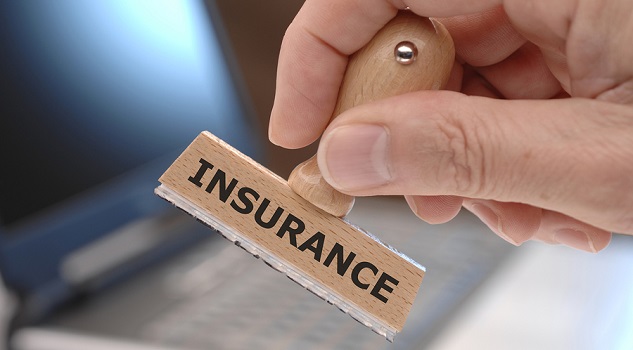Sponsored Article
A cyber hack, Cyclone Debbie, a terrorist attack. What do all these incidents have in common for SMEs? A trading halt, business interruption.
This interruption could last days or weeks – or months. That’s your livelihood at stake.
This is where business interruption insurance comes in.
Never heard of it? You’re not alone. At least a quarter of SMEs claim they don’t know what it is and less than 40 per cent have business interruption insurance in place.
Business interruption insurance is business income protection. It covers more than just profit. It can pay for expenses such as the lease, car, and staff as your business gets back on its feet.
Here’s a short video explaining what it is.
For example, when Cyclone Debbie hit North Queensland early this year, Walkerston Day Care Centre in Mackay went under water. Yet, the centre was up and running again in a week, as their insurance broker organised the claim, assessors and even trades to help with the clean-up. The centre had taken out flood cover and cover for loss of business based on its insurance broker’s advice.
Do you need business interruption insurance? If you answer “yes” to any of the following points, it should be high on your list:
- I or my business owns a commercial property
- My business is a manufacturer, wholesaler or retailer
- My business relies on stock, equipment, suppliers or customers which are not immediately replaceable
- My business would lose revenue if unable to operate from our existing building
- It would be difficult to find alternative premises
- My business relies on utilities.
What should you consider when taking out a business interruption policy?
- Indemnity period – this is the period you will be insured for loss of gross profit. It might take longer than you think to get back to business, even after a physical loss has been reinstated.
- The sum insured – beware underinsurance. If your loss is more than the sum insured, you will bear part of the loss yourself. Can you afford it?
- Additional increase in cost of working – this is additional costs which you may need to incur to get your business back up and running again.
- Loss of rent – if you are also the landlord this can insure you for loss of rent and other outgoings which may continue if the building is damaged and can’t be tenanted.
- Claims preparation services – insurance claims experts can help ensure you receive all your rights and benefits under your policy. And it’s insurable!
- Extensions of cover:
- Service interruptions: for interruptions to utilities.
- Contingent business interruption: for loss resulting from your supply chain.
- Cyber: for loss of income, loss of digital assets and cost of restoring data, and third party losses, for example, if a hack breaches your customers’ privacy and they suffer damage.
As you can see, things can get a little bit confusing and time-consuming. Many SMEs find an insurance broker, an expert in insurance policies and risk, can help them find the right insurance cover their business.
An insurance broker is a licenced professional who works on your behalf, not insurance companies. Additionally, your insurance broker will also be there for you at claims time to help you navigate the process and liaise with the insurance company.
Now the easy part. Here’s a free service to find yourself a broker – needabroker.com.au. It is not linked to any brokerage or insurance company, but run by the National Insurance Brokers Association (NIBA), the peak body representing insurance brokers. Or call the hotline 1300 53 10 73.
Brought to you by Dallas Booth, CEO, NIBA










